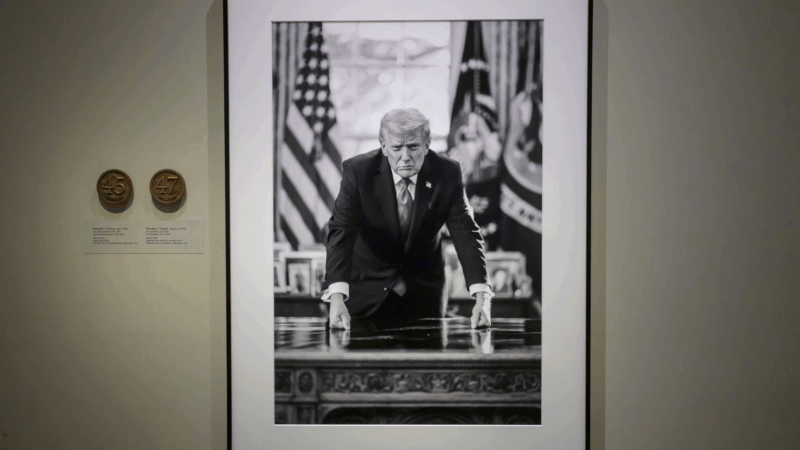Lawmakers Weigh Harsher Penalties for Opioid Users
The number of fatal drug overdoses is rising across the U.S. Alabama lawmakers this week considered a bill that would impose stiffer penalties around the deadly opioid fentanyl. Meanwhile, critics say more punishment could strain the state’s overcrowded prisons.
The measure, which the Senate approved last week, came before a House committee this week. The bill would increase penalties for people who use and distribute fentanyl, a powerful opioid that is found in a lot of street drugs. And health officials believe fentanyl is behind the recent spike in overdose deaths across the U.S.
In the last two years, 25 states have passed legislation to increase various fentanyl-related penalties, according to the Drug Policy Alliance.
Sen. Cam Ward, the bill’s sponsor, told the Associated Press an influx of fentanyl in the state has been lethal. “It’s being mixed with heroin and it’s driving up your overdose deaths dramatically,” Ward said. “A very small amount, a grain of salt size, mixed in with heroin is deadly. It will kill you.”
Ward said state penalties for fentanyl possession are low. The bill would stiffen penalties to bring them in line with those for heroin.
A person caught with one-half of a gram to one gram of fentanyl would face a possession with intent to distribute charge, a Class B felony punishable from two to 20 years in prison. Those trafficking larger amounts of fentanyl would face mandatory minimum sentences.
Critics of the bill, including the ACLU of Alabama, say tougher penalties will tax the state’s overcrowded prisons.
We attended a public hearing today on SB39, which would put someone with 1/2 gram of a mix with fentanyl in prison for 2-25 yrs. This would put more strain on our prisons and not address the underlying problem of substance abuse. Incarceration doesn’t solve addiction. #alpolitics pic.twitter.com/ffnYVx3DKj
— ACLU of Alabama (@ACLUAlabama) February 7, 2018
But first, we start this week’s legislative wrap-up with Don Dailey, host of Alabama Public Television’s Capitol Journal, with a measure that would outlaw video voyeurism. The measure, sponsored by Sen. Clyde Chambliss, targets people who take photos of others surreptitiously.
Also, we get a glimpse of the state’s proposed education budget, and a preview of a bill that aims to make payday lending a bit easier on borrowers.
Arson engulfs Mississippi synagogue, a congregation once bombed by Ku Klux Klan
A suspect is charged with arson in a fire that burned through a synagogue in Mississippi. Flames and smoke destroyed its library, housing Torahs.
DOJ subpoenas Federal Reserve in escalating pressure campaign
The Justice Department has subpoenaed the Fed over chair Jerome Powell's testimony over the central bank's headquarters renovation. Powell calls it part of a pressure campaign over interest rates.
The 2026 Golden Globe awards are Sunday. Here’s how to watch
The 2026 Golden Globes air on Sunday night starting at 8 p.m. ET / 5 p.m. PT.
National Portrait Gallery removes impeachment references next to Trump photo
A new portrait of President Trump is on display at the National Portrait Gallery's "America's Presidents" exhibition. Text accompanying the portrait removes references to Trump's impeachments.
America’s top figure skaters dazzled St. Louis. I left with a new love for the sport.
The U.S. Figure Skating National Championships brought the who's who of the sport to St. Louis. St. Louis Public Radio Visuals Editor Brian Munoz left a new fan of the Olympic sport.
DHS restricts congressional visits to ICE facilities in Minneapolis with new policy
A memo from Homeland Security Secretary Kristi Noem, obtained by NPR, instructs her staff that visits should be requested at least seven days in advance.






